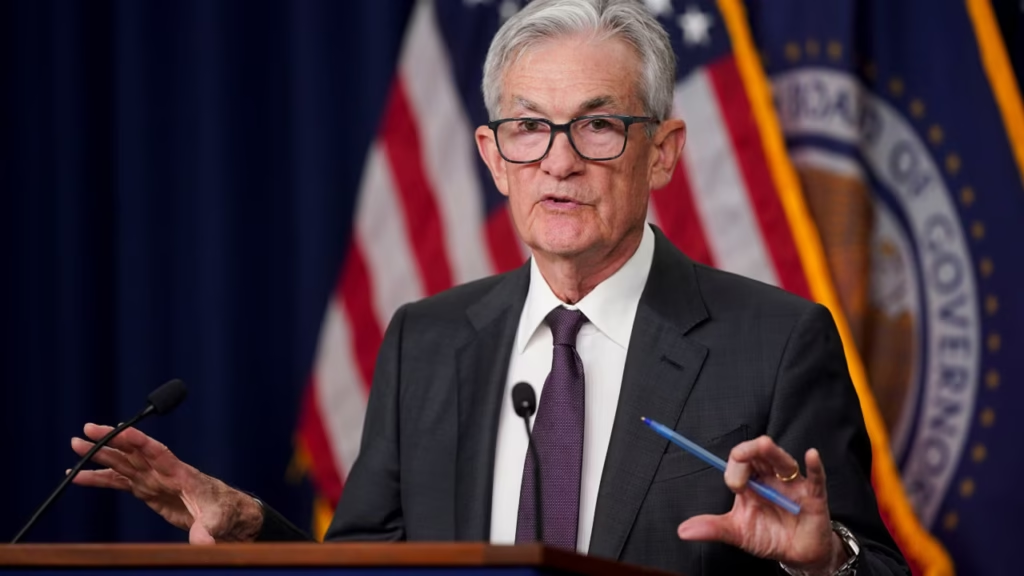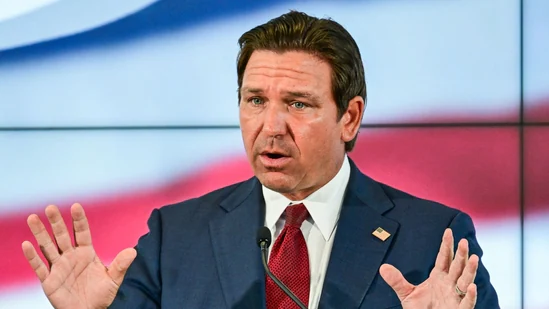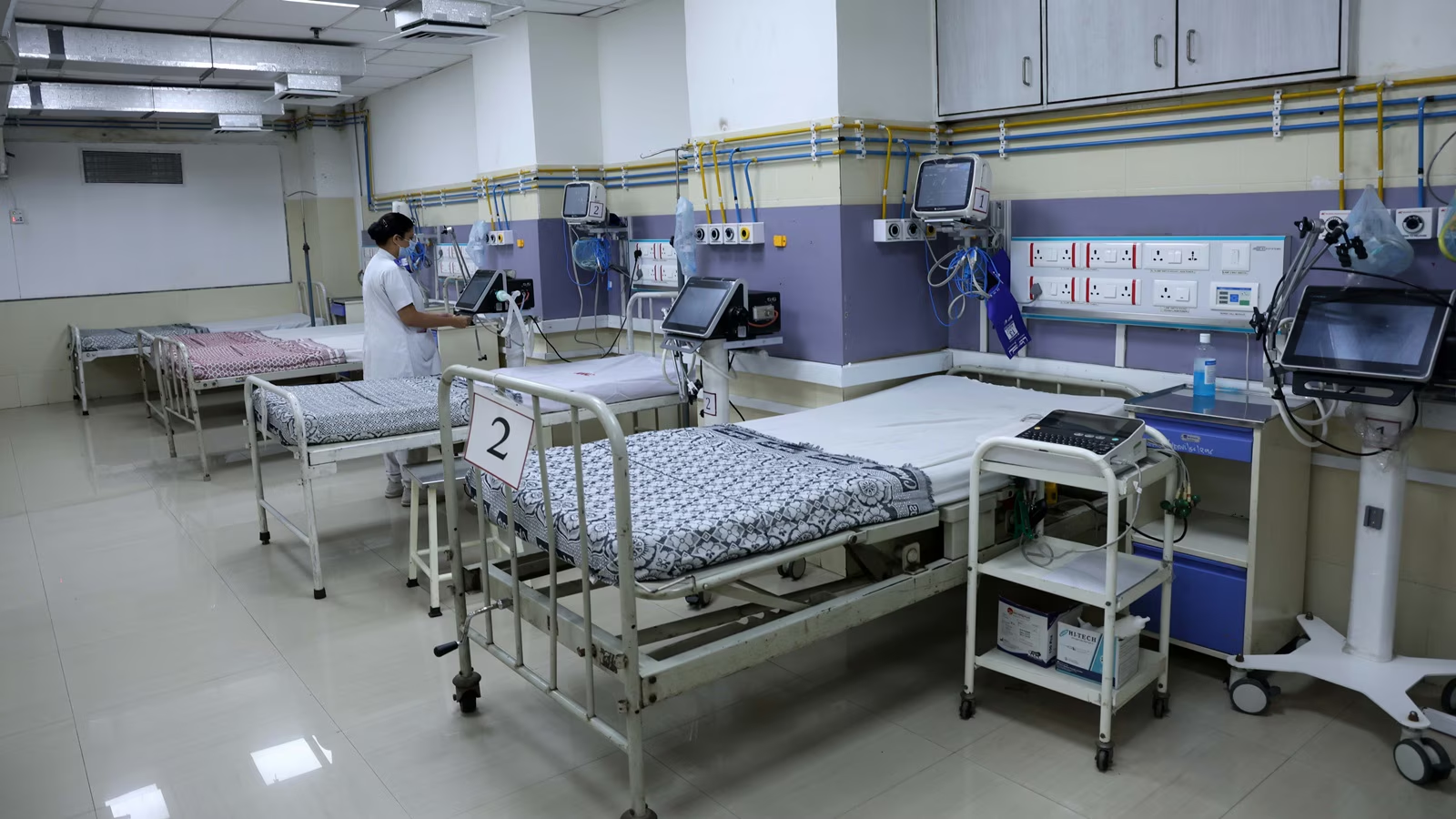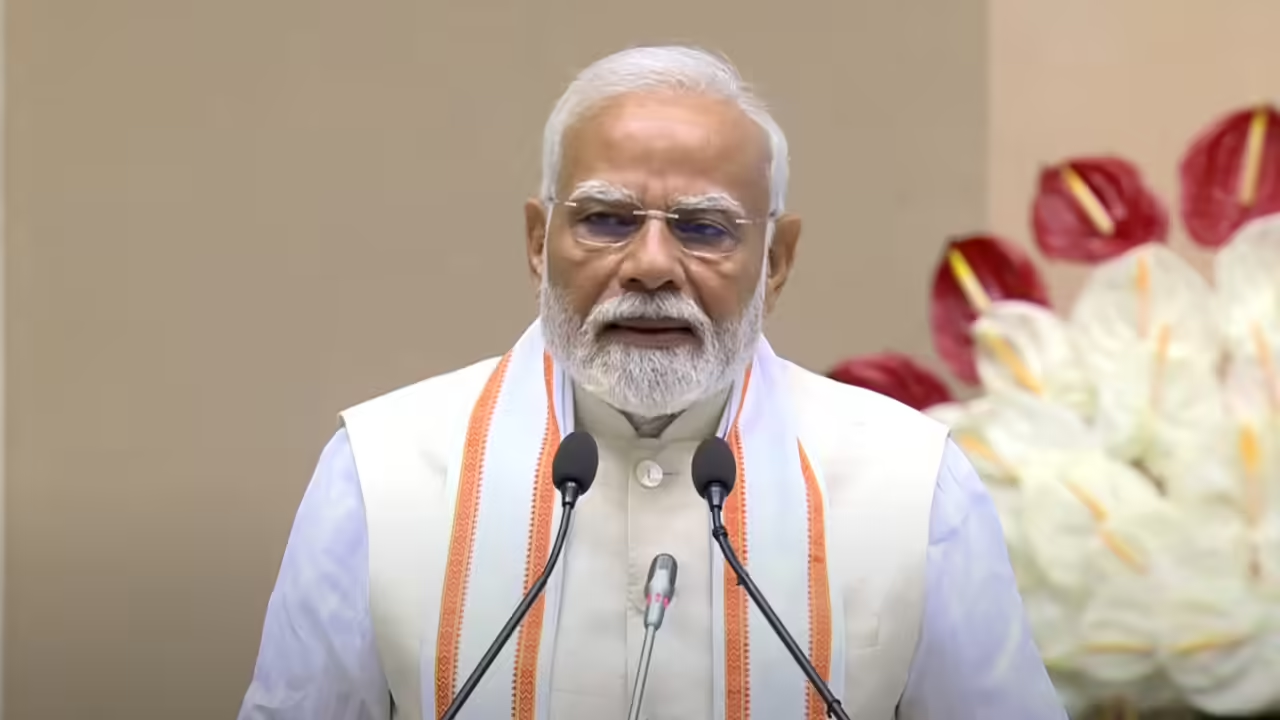Now Reading: Supreme Court Questions Firecracker Ban in Delhi-NCR, Restrains Licence Cancellations
-
01
Supreme Court Questions Firecracker Ban in Delhi-NCR, Restrains Licence Cancellations
Supreme Court Questions Firecracker Ban in Delhi-NCR, Restrains Licence Cancellations

The Supreme Court has signalled it may rethink its April 3 order banning firecrackers in Delhi-NCR all year, asking expert bodies to report on whether green crackers can be allowed. It has also restrained authorities from cancelling existing licences of manufacturers and dealers until further notice. The issue pits environmental concerns against livelihoods, especially affecting smaller cities where the manufacture and sale of crackers support local workers.
What the Order Says and What’s at Stake
The court has asked the Commission for Air Quality Management and NEERI to examine the feasibility of permitting green crackers by September 22. Meanwhile it has directed that licence cancellations already underway must be put on hold. Manufacturers say licences valid until 2027-28 are being revoked under the current ban, causing economic distress.
Questions Raised by the Bench
The bench, led by Chief Justice B R Gavai, has asked whether pollution is a problem only in Delhi or if the same concerns exist in other towns and cities. The judges questioned whether the elite in Delhi, who can use purifiers or leave the city during bad air, are benefiting more from the ban than poorer citizens suffering the pollution and loss of livelihoods.
The Industry and Livelihoods
Firecracker manufacturers argue that the industry already obeys regulations, including limits on harmful chemicals and emission standards. Many workers and small businesses in states surrounding Delhi depend on firecracker manufacture especially ahead of Diwali. Cancelling licences abruptly could disrupt income for thousands in Tier 2 and Tier 3 cities where alternatives are few.
Environmental and Public Health Concerns
On the other side, authorities and environmental groups emphasise that air quality in NCR is often dangerously poor during winters, and firecrackers contribute to spikes in pollution. Green crackers have been proposed, but critics say many formulations still emit harmful pollutants, and standards must ensure emissions are “bare minimum” before allowing widespread use.
What This Means for Smaller Cities
Smaller cities near or far from Delhi see dilemmas: festivals are deeply cultural, firecrackers are part of local economy, but clean air affects everyone. If a ban is applied only in NCR, those outside may argue unfair treatment; but applying a nationwide policy may be hard to monitor. Workers, small shop owners, distributors in smaller towns may face uncertainty either way.
The court’s intervention reflects the delicate balance needed between protecting the environment and preserving livelihoods. For now, licences are safe, and green alternatives are under review. But what really matters is whether regulations can be fair, consistent, and enforceable across India so that people in all towns—not just big cities—can breathe clean air without losing their means of living

























